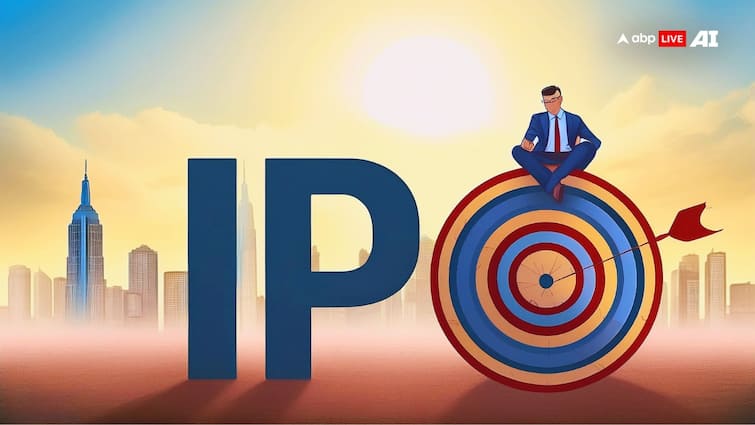IPO Investing For Beginners: What It Is And How You Can Apply For It
An Initial Public Offering (IPO) is the process by which a private company offers its shares to the public for the first time. This event marks the transition of a company from being privately held to publicly traded on a stock exchange. IPOs are often seen as key milestones in a company’s growth, enabling them to raise capital from a wider investor base to fund expansion, reduce debt, or meet regulatory requirements. For investors, IPOs represent an opportunity to become shareholders of a company at the beginning of its public journey. However, understanding how the process works and how to participate is essential before making any investment decisions. How IPOs Work The process begins when a company, with the help of investment banks or underwriters, files a Draft Red Herring Prospectus (DRHP) with the Securities and Exchange Board of India (SEBI). The DRHP contains details about the company’s financials, business model, risk factors, and how the funds raised will be used. Once SEBI reviews and approves the document, the company sets a price band and the date range for when the IPO will open and close for subscriptions. Investors can then apply to buy shares within this window. Depending on demand, the final issue price is determined, and shares are allotted to investors. Steps To Apply For An IPO Investing in an IPO requires a Demat account and a trading account with a registered broker. Here are the basic steps for retail investors: Check eligibility and the IPO dates on the stock exchange or brokerage websites. Log into your online trading platform or use the Unified Payments Interface (UPI) method. Fill in the application form, specifying the number of lots (a lot is a fixed number of shares). Confirm the bid and approve the payment block through UPI. Once the IPO closes, shares are allotted based on demand. Refunds are initiated if shares are not allotted. Also Read: Bakrid Bank Holiday: Banks Closed In Several States In India On June 7, 2025 - Check The List! Key Considerations For Investors While IPOs can be promising, they also carry risks. The valuation may not always reflect future performance, and initial hype can drive speculative activity. Investors are advised to review the prospectus carefully, assess the company’s fundamentals, and align the investment with their financial goals and risk appetite.

An Initial Public Offering (IPO) is the process by which a private company offers its shares to the public for the first time. This event marks the transition of a company from being privately held to publicly traded on a stock exchange. IPOs are often seen as key milestones in a company’s growth, enabling them to raise capital from a wider investor base to fund expansion, reduce debt, or meet regulatory requirements.
For investors, IPOs represent an opportunity to become shareholders of a company at the beginning of its public journey. However, understanding how the process works and how to participate is essential before making any investment decisions.
How IPOs Work
The process begins when a company, with the help of investment banks or underwriters, files a Draft Red Herring Prospectus (DRHP) with the Securities and Exchange Board of India (SEBI). The DRHP contains details about the company’s financials, business model, risk factors, and how the funds raised will be used. Once SEBI reviews and approves the document, the company sets a price band and the date range for when the IPO will open and close for subscriptions.
Investors can then apply to buy shares within this window. Depending on demand, the final issue price is determined, and shares are allotted to investors.
Steps To Apply For An IPO
Investing in an IPO requires a Demat account and a trading account with a registered broker. Here are the basic steps for retail investors:
- Check eligibility and the IPO dates on the stock exchange or brokerage websites.
- Log into your online trading platform or use the Unified Payments Interface (UPI) method.
- Fill in the application form, specifying the number of lots (a lot is a fixed number of shares).
- Confirm the bid and approve the payment block through UPI.
- Once the IPO closes, shares are allotted based on demand. Refunds are initiated if shares are not allotted.
Also Read: Bakrid Bank Holiday: Banks Closed In Several States In India On June 7, 2025 - Check The List!
Key Considerations For Investors
While IPOs can be promising, they also carry risks. The valuation may not always reflect future performance, and initial hype can drive speculative activity. Investors are advised to review the prospectus carefully, assess the company’s fundamentals, and align the investment with their financial goals and risk appetite.
What's Your Reaction?











































